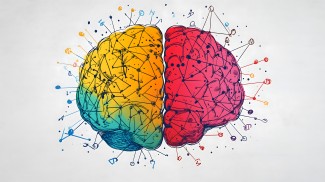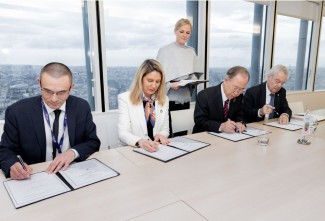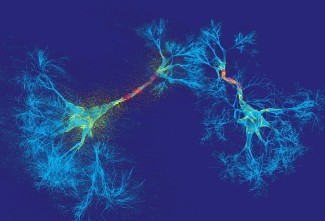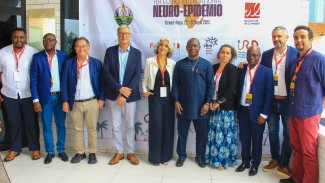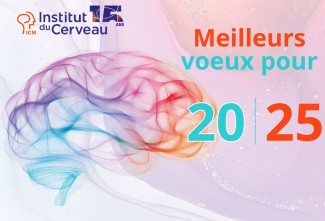The European Research Council (ERC) has just published the list of recipients of "Consolidator grants" for 2023. Nicolas RENIER, a researcher at the Institut du Cerveau, has been awarded this prestigious label.
Last September, Sara Bizotto, Dafni Hadjieconomou and Thomas Andrillon were awarded ERC "Starting grants" to promote the work of young researchers.
Unlike ERC Starting grants, which are aimed at scientists at the start of their careers, ERC Consolidator grants provide funding over 5 years and enable scientists with a minimum of 8 years' post-doctoral experience to develop an ambitious, risky and innovative research project that breaks with their current scientific activities. Selection is essentially based on the excellence of scientific results obtained in the years preceding the application.
Nicolas RENIER, an INSERM researcher and head of the "Dynamique structurale des réseaux" team who joined the Institute in 2017, has won ERC support for his "VIRGINS" project dealing with the impact of vascular interactions and restructuring during animal gestation on neuronal functions.
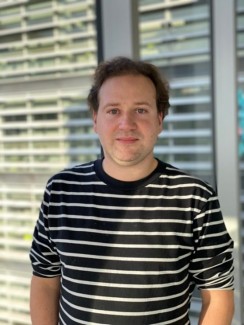
Understanding the relation between vascular plasticity and brain function
The brain undergoes significant structural alterations during pregnancy, visible through medical imaging, but their connection to cognitive adaptations related to motherhood is not yet known. Nicolas Renier's team at the Brain Institute has highlighted the presence of vascular changes in brain regions controlling maternal behaviors, which may potentially contribute to the cerebral adaptations associated with maternity.
The correspondence is almost perfect between the location of vascular changes and the role of these regions in maternal behavior. This motivated us to understand if the cerebral vascular system could be directly involved in the plasticity of neurons allowing the emergence of these behaviors during pregnancy,
The team, which received ERC starting funding in 2018, had previously described how pregnancy could modulate the activity of certain neurons to facilitate maternal behaviors (https://institutducerveau-icm.org/fr/actualite/decouverte-comportements-maternels/). ERC Consolidator grants provide funding for 5 years and allow recipients to develop an ambitious, risky, and innovative research project. The funded project is based on technological developments by the team, enabling a complete 3D mapping of cerebral vascularization at the micrometer scale. Using this technology, the team was able to track the evolution of vascularization in all regions of the brain during pregnancy. "The use of this new high-resolution 3D imaging technology allowed us to discover an unexpected plasticity of the cerebral vascular system," details Gabriele Lienhard, a doctoral student on the team.
Beyond understanding the intimate mechanisms of cerebral plasticity during pregnancy, this project could open up new avenues for studying pathological alterations in communication between neurons and blood vessels, often at the core of psychiatric or neurodegenerative diseases.


